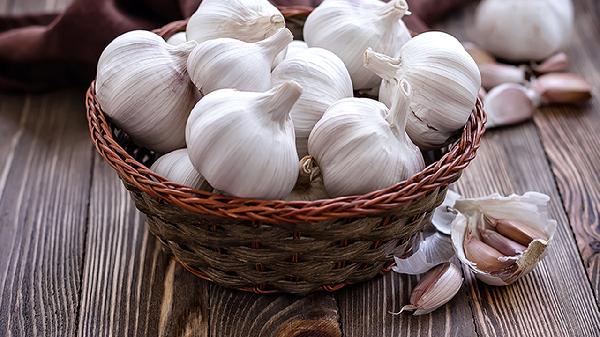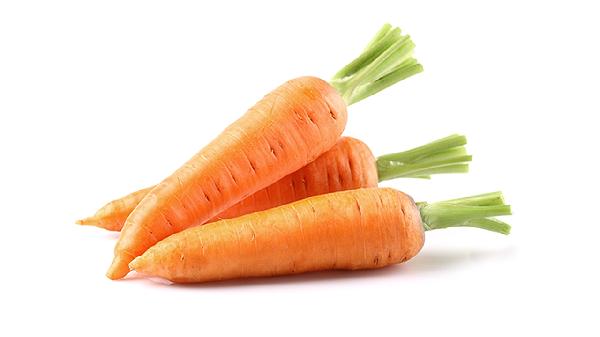Garlic, known as the "natural antibiotic," is a common seasoning in daily life and also possesses certain medicinal value. It is rich in antioxidants, sulfur compounds, and vitamins, offering multiple health benefits. However, there are differing opinions in society regarding the effects of garlic on the liver. This article will explore the potential impacts of garlic on the liver and the precautions to take when consuming it.

I. The Effects of Garlic on the Liver
1. Liver Nourishment: The sulfur compounds and antioxidants in garlic can help eliminate free radicals in the body, protecting liver cells from oxidative damage. Additionally, garlic has anti-inflammatory properties that can help reduce liver inflammation.
2. Antibacterial and Anti-inflammatory: The active components in garlic have antibacterial and anti-inflammatory effects, which can inhibit pathogens in the liver and help maintain liver health.
3. Assisting Metabolism: Certain components in garlic can promote the activity of metabolic enzymes in the liver, aiding in the breakdown and excretion of toxins.
4. Potential Risks: While garlic offers many benefits to the liver, excessive consumption may burden the liver. Some components in garlic may cause gastrointestinal discomfort, and for individuals with impaired liver function, excessive garlic intake may exacerbate the liver's burden.
II. Precautions When Eating Garlic
1. Moderate Consumption: Although garlic is healthy, it should not be consumed in excess. Overconsumption may lead to gastrointestinal discomfort and affect liver health.
2. Cooking Methods: When cooking garlic, methods such as frying or boiling can better release the beneficial components in garlic.
3. Avoid Pairing with Irritating Foods: Garlic should not be consumed with spicy or greasy foods, as this may increase the burden on the gastrointestinal tract.
4. Caution for Allergic Individuals: People allergic to garlic should avoid it to prevent allergic reactions.
5. Special Precautions for Liver Patients: Individuals with impaired liver function should be especially cautious when consuming garlic and should do so under medical guidance.
III. Conclusion
Garlic has certain liver-nourishing effects, and moderate consumption is beneficial for liver health. However, excessive intake may burden the liver. When consuming garlic, it is important to do so in moderation, pair it reasonably, and avoid combining it with irritating foods. For individuals with impaired liver function, extra caution is necessary, and consumption should be guided by a doctor. A healthy diet combined with appropriate exercise is key to maintaining liver health. Let's eat scientifically, pair foods wisely, and enjoy a healthy life.
---
Previous Article: What Happens to People Who Eat Sweet Potatoes for Breakfast Long-Term? Precautions for Long-Term Sweet Potato Consumption
Next Article: What is the Natural Laxative King Among Fruits? It's Not Banana but This.
Tag Reading: Garlic, Liver Nourishment, Liver Harm
























